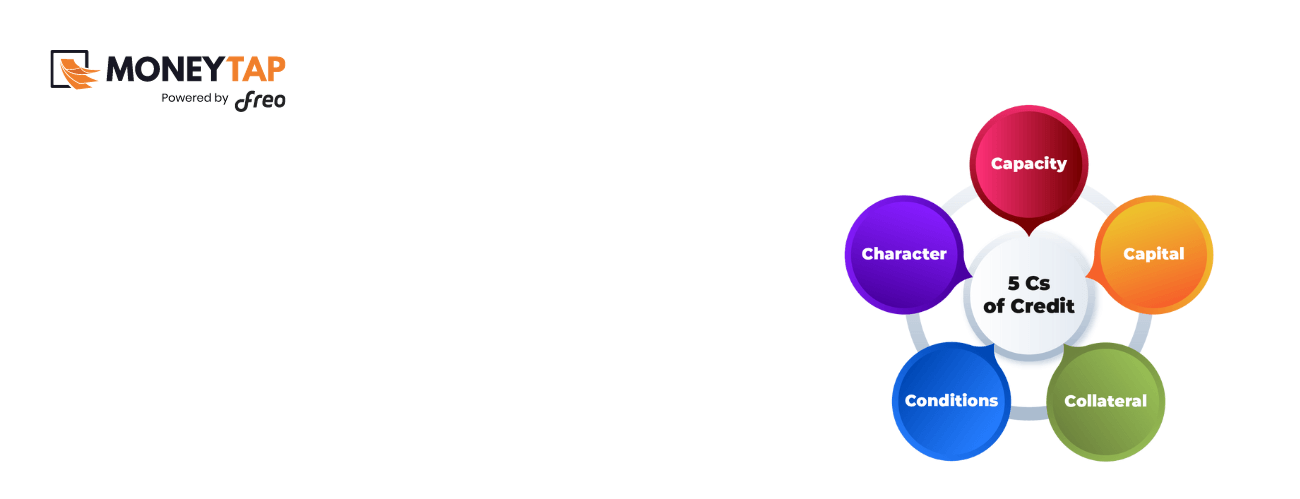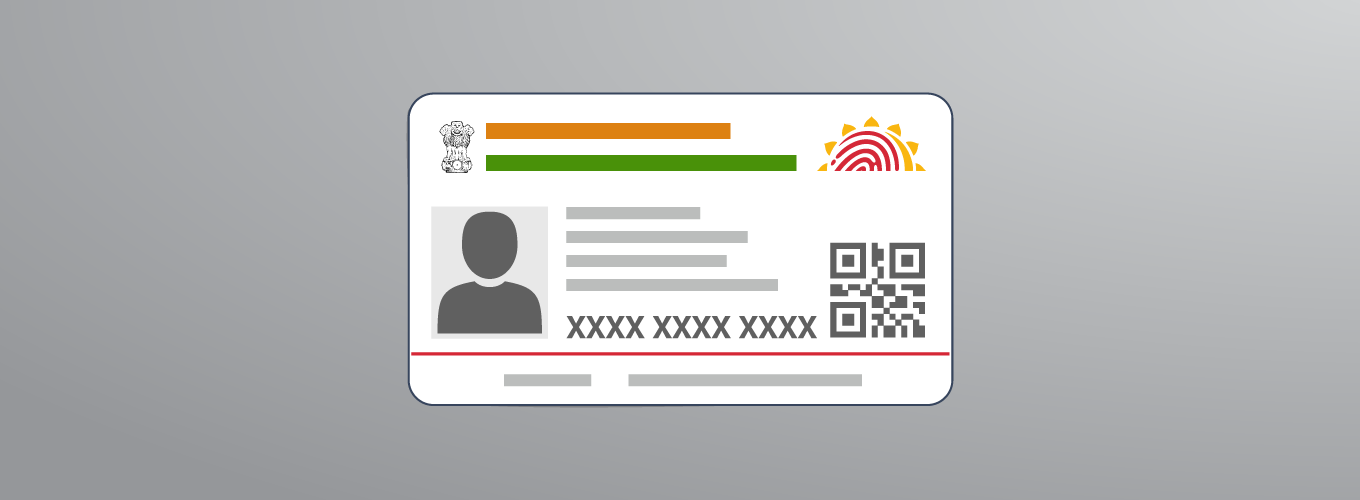What’s the Difference Between Cash Credit and Overdraft?
Topic
- Around India with MoneyTap 1
- Consumer Durable 1
- Credit Cards 32
- Credit Score 27
- Finance 33
- General 52
- Know MoneyTap Better 26
- MoneyTap 50
- MoneyTap in Daily Life 38
- Personal Loan 86
- Shopping on EMI 4
- Wedding Loan 1
Both small and medium businesses need capital from time to time to run their daily operations smoothly. There are two options for taking a loan for business needs: long-term loans like small business loans, line of credit, etc. or short-term flexible loans like cash credit and Overdraft.
In this post, we’ll talk about short-term loans – Cash Credit and Overdraft. Because of the similarities in the features of cash credit (CC) and Overdraft (OD), it’s easy to assume that they are the same. But these are two different financial solutions designed to cater to different financial requirements.
Let’s take a closer look at the similarities and differences of CC and OD so that you can understand which of the two is a better option for your specific business needs.
What is Cash Credit?
Cash Credit (CC) is a short-term loan offered to self-employed professionals and business owners to help meet their working capital requirements. Some key points about cash credit include:
- You can use this loan only for business-related expenses.
- You are required to open a separate bank account for cash credit to be deposited.
- You can carry out as many transactions and request as many cheque books as you want.
- You have to submit documents such as profit and loss statements, GST filing, balance sheets, etc., once every quarter and annually.
- Generally, you are asked to put up collateral to get a cash credit loan.
- The loan can be repaid daily or weekly, depending on the agreed terms.
What is Overdraft?
Overdraft facility is credit funding extended by banks to select customers. The OD facility allows current account holders to withdraw money from their bank accounts, even if their balance is low or even zero. Some key points to know about overdraft include:
- An overdraft facility is only offered to customers who are in a sound financial position and have a good relationship with the bank.
- There is a charge associated with using this facility, and it varies from bank to bank. The fee amount depends on the extra amount you withdraw from the account.
Similarities between Cash Credit (CC) and Overdraft (OD)
Both cash credit and Overdraft are financial tools that help businesses to borrow money against financial statements or inventory. Banks offer these short-term loans to select customers after assessing their financial standing and their relationship with the bank. Some of the other similarities include:
- Both these financial instruments are offered against the security of business assets or current inventory.
- The interest rate for both is charged on the amount used and not on
Difference Between Cash Credit and Overdraft
The table below gives the distinct difference between Cash Credit and Overdraft:
| Features | Cash Credit | Overdraft |
| Interest rates | Lower interest rate as compared to Overdraft | Comparatively higher interest rate |
| Security/Collateral | Cash credit loan is offered upon hypothecation of inventory and stocks | Overdraft amount is decided based on the relationship with the bank, credit history, and investments such as FDs, insurance policies, etc. |
| Usage | The funds can be used only for business purposes | The funds can be used for expenses other than business needs |
| Tenure | Tenure is generally of 1 year | The loan duration can vary. It can be monthly, quarterly, half-yearly or yearly |
| Sanction amount | The loan amount is decided based on the volume of inventory and stocks | The loan amount is decided based on security deposits and financial statements |
| Who are eligible | Individuals, traders, retailers, manufacturers, companies, partnerships, distributors, LLPs, sole proprietorships, etc. are eligible for cash credit loan | Only account holder of the respective bank are eligible for an overdraft facility |
Both CC and OD are financial instruments that come in handy for businesses to meet their working capital needs. While both these products may appear similar, they are different. Make sure you understand the features, similarities and differences of both products to make an informed decision.
Alternatively, if you’re looking for long-term loans, then a small business loan may make sense as the interest rates are comparatively lower. Check out MoneyTap’s loan for self-employed to see if it is what you are looking for.











 Get it on playstore
Get it on playstore Get it on appstore
Get it on appstore